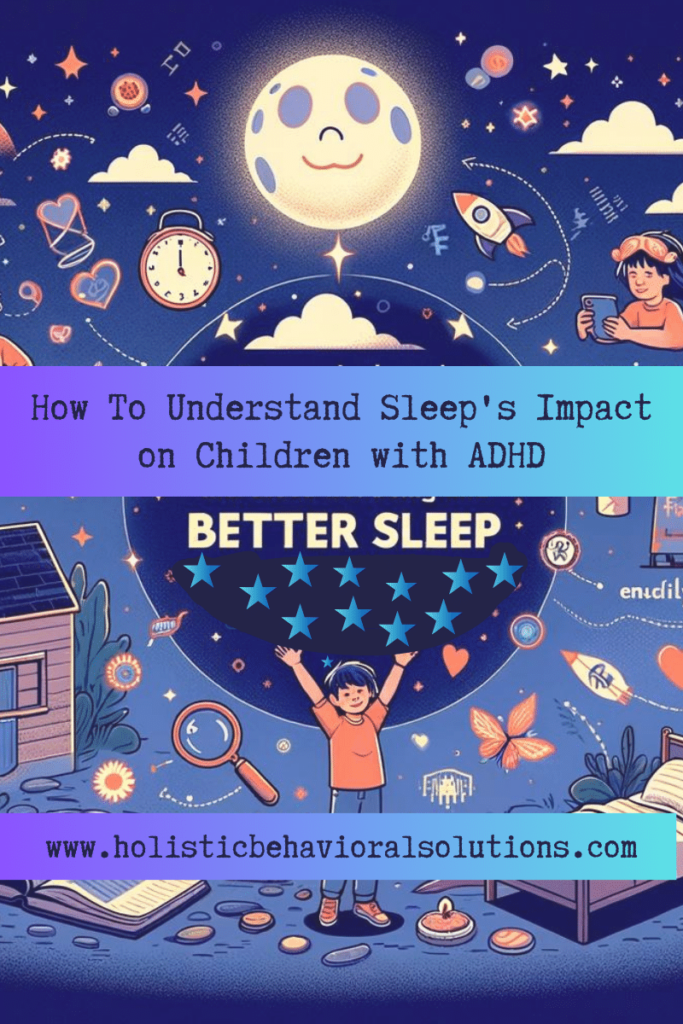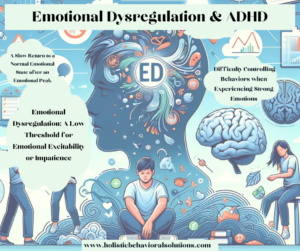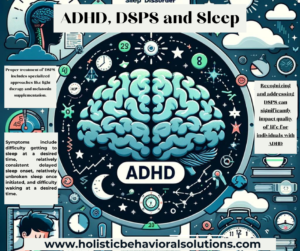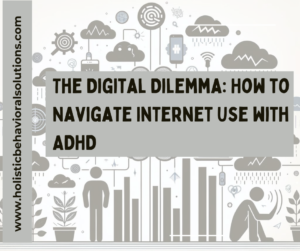
Sleep, a cornerstone of health and well-being, plays a crucial role in the development and daily functioning of children, especially those with Attention-Deficit/Hyperactivity Disorder (ADHD/ADD). A recent study delves into the multifaceted implications of sleep quality on the health and everyday lives of children with ADD from the perspective of their parents. Today, let’s explore the direct and indirect effects of slumber on these children, emphasizing the need for targeted interventions to promote better rest and, consequently, enhance their well-being and capabilities.
The Vital Role of Sleep in ADHD
For children with attention deficits, sleep problems are not just common but also carry more severe consequences compared to their neurotypical peers. Issues range from the inability to control impulses and anger to significant challenges in concentration, ultimately affecting academic performance, social interactions, and overall health. Surprisingly, 50-70% of children with ADD experience some form of s disturbances, a stark contrast to the 40% in the general child population.
Parental Insights on Sleep and ADHD
The study engaged parents of children aged 6-13 with attention deficits in semi-structured interviews to gather their experiences and observations. These discussions revealed that good rest was integral to their children’s ability to manage emotional responses and navigate daily life more effectively. Parents noted improvements in their children’s vitality, self-esteem, and general well-being after a restful night’s slumber, highlighting rest’s critical role in their children’s health and development.
Direct Implications of Sleep on ADHD
Parents reported that adequate rest empowered their children to better regulate their emotions, leading to fewer outbursts and more harmonious interactions both at home and school. Well-rested children showed enhanced capabilities in managing daily routines, from personal hygiene to academic responsibilities, pointing to rest’s foundational role in their functional abilities.
Indirect Benefits: Well-being and Self-Esteem
Beyond the direct functional benefits, parents observed significant improvements in their children’s well-being and self-esteem with better rest. Children appeared more vibrant, engaged in social activities more enthusiastically, and exhibited a stronger sense of self-worth, all contributing to a more positive outlook on life.
Challenges and Coping Strategies
Despite the clear benefits of good slumber, achieving it remains a challenge for many families. Parents shared their struggles with establishing effective sleep routines and the constant search for strategies that could ensure restful nights for their children. The complexities surrounding sleep in children with ADD call for a multifaceted approach, combining pharmacological treatments like melatonin with non-pharmacological interventions, including rest hygiene education and cognitive-behavioral therapy.
The Need for a Greater Focus on Sleep
The study underscores a critical gap in ADD management: the need for a more pronounced focus on rest within healthcare treatments. Addressing sleep issues could significantly enhance the overall well-being and functioning of children with ADHD, benefiting not just the children but their families as a whole.
Future Directions in ADD and Sleep Research
The insights from this study lay the groundwork for future research, highlighting the necessity of involving children and their families in developing interventions. Understanding rest’s multifaceted impact on children with ADD from various perspectives—be it parents, the children themselves, or educators—can pave the way for more effective, personalized treatment plans.
ADHD Sleep: Our Conclusion
The intertwined relationship between rest, health, and ADD cannot be overstated. As we delve deeper into understanding this complex interplay, it becomes increasingly clear that promoting better sleep should be a cornerstone of ADD management. By listening to and learning from the experiences of parents, we can begin to unlock the full potential of children with ADD, fostering environments where they can thrive, not just academically and socially, but in all aspects of their lives.
Melatonin and The Holistic Store
While we are thinking that through, boost your connection from the inside out with our wellness supplements and supplies. Check out our store for products that help you feel your best, making it easier to open up and connect on a deeper level.


